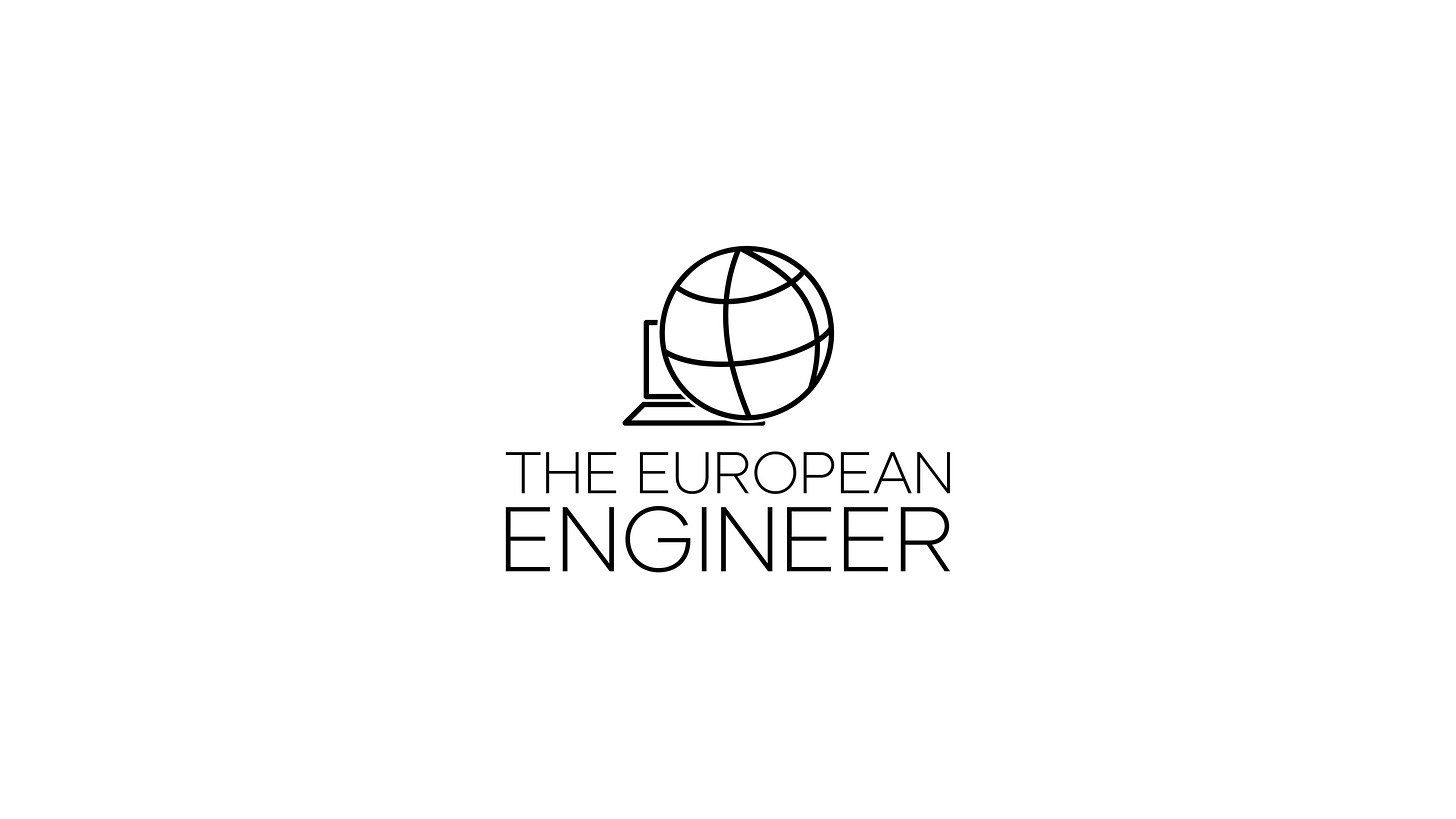After working for both American and European companies, I've noticed some fascinating cultural differences in how they approach work.
Here are the key distinctions I've observed.
1. Results vs Hours: Different Priorities
American companies typically prioritize outcomes over time spent at your desk.
This creates an interesting dynamic:
You'll face more pressure to deliver concrete results, regardless of the hours worked. This can mean occasional overtime when needed, but also the flexibility to work less than 40 hours if you're meeting your goals.
The focus stays firmly on what you achieve rather than when you achieve it, offering more autonomy in how you structure your work day.
In contrast, European companies often:
Maintain strict 9-to-5 schedules
Place more emphasis on presence than performance
Create less results-oriented pressure
Offer less flexibility in when and how work gets done
2. Work-Life Balance
European workplaces generally offer a more relaxed atmosphere:
The overall pace tends to be slower
There's less emphasis on urgent deadlines
Projects often have lower perceived stakes
While American companies can be more stressful environments, they frequently offer greater freedom in how you structure your work.
This flexibility can actually enhance work-life balance for those who know how to leverage it effectively.
3. Compensation
This one's straightforward: American companies typically generate more revenue and offer higher compensation packages.
4. Modern vs Traditional Approaches
European workplaces often maintain more traditional practices:
Formal dress codes remain common
Working hours are typically inflexible
There's often resistance to changing established procedures
American companies tend to embrace more modern workplace practices:
Performance metrics focus on output and business impact
Flexible scheduling is more common
New tools and practices are adopted more quickly
5. Individual Achievement vs Collective Progress
American workplaces generally embrace meritocracy more readily.
Meanwhile, European companies often:
Place less emphasis on individual contributions
Maintain more standardized reward structures
Base advancement more on tenure than impact
Important Caveat
Remember, these are broad generalizations based on personal experience.
You'll find American companies that operate more like the European model described here, and European companies that embrace typically "American" practices.
What's your take? Which style would you prefer to work in? 🙂
This article is brought to you by:
Euro Top Tech Jobs - The #1 resource for landing Top-Paying Tech roles in Europe:
4000+ top paying tech jobs in Europe from big tech companies, HFT firms and high-paying scale-ups.
Hundreds of jobs from 100+ fully-remote companies paying $100-600k per year.
Private guides - like this one - to help you land these jobs.
Six Figure Euro Engineer - Maximise your chances to boost your Tech Career in Europe, reducing time to success:
Work 1:1 with me (Nicola Amadio, author of this newsletter), and join the other engineers who were able to 10x their tech career in the past few months!





Thank you Nicola, it was such a great and concise reading. I would like to hear you opinion about Canada compared to Europe in term of salaries, work-life balance, social life, ...etc. Thank you once again.